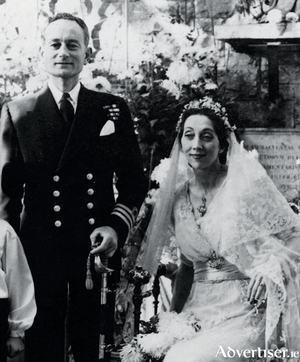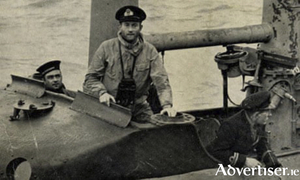Search Results for 'Winston Churchill'
29 results found.
Magnificent Madeira

With a new twice-weekly service linking Shannon to the beautiful Portuguese island of Madeira, there has never been a better time to discover this jewel of the Atlantic.
Clare Sheridan
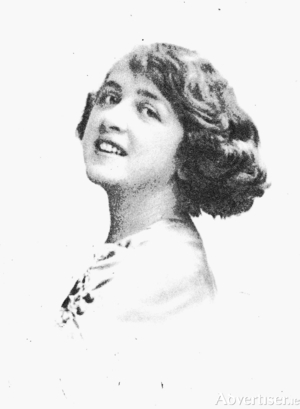
“She was beautiful, fearsome, an English aristocrat, a communist spy, a loose woman, a middling novelist, a doting mother, an impossible parent, a successful sculptress, a respected journalist.” This was how Anita Leslie described her first cousin in My Cousin Clare, her wonderful biography of Clare Sheridan.
Show up and shape the future

As the eve of polling day descends upon us, we stand on the threshold of a momentous decision that will shape not only the composition of our next Government but the trajectory of our nation as we approach the cusp of 2030. This election isn’t merely a ritual of democracy—it’s a call to action for every eligible voter to exercise their right, claim ownership of the outcome, and influence the coalition of parties that will steer our society through the opportunities and challenges of the coming years.
Celebrate ‘Easter on the Estate’ at the gorgeous Glenlo Abbey
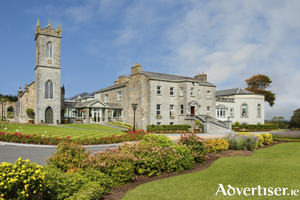
This spring, the team at Glenlo Abbey has two very exciting offerings for you to enjoy with your nearest and dearest.
The Protestant Boys orphanage at Clifden
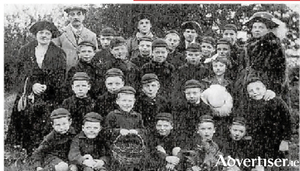
Even though the National Army ousted the anti-Treaty forces from Clifden in August 1922, they had not gone away. They still remained a threatening force, well armed and determined. Ever since the Black and Tan war the so called Connemara Flying Column, still under the leadership of Peter McDonnell, Gerald Bartley and others, were firmly on the anti-Treaty side. They were familiar with the path-ways and mountain hide-outs, which made them virtually invisible in times of pursuit.
‘That Mr James Joyce is a man of genius’
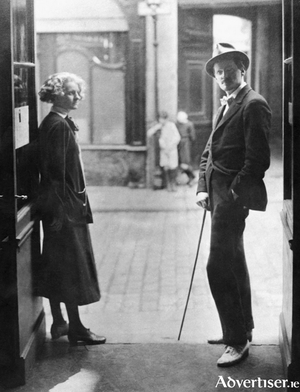
Returning to Paris after an unsuccessful and troublesome visit to Galway in April 1922, Nora and her two children, Georgio (17) and Lucia (15) became aware that fame had come to the Joyces. Three months after its publication, Ulysses was recognised as a work of genius.
Voices from the Irish Free State
Voices of the Free State — an impressive book faturing selected essays from WG Fitzgerald’s The Voice of Ireland almost a century ago will be launched in the city next week.
‘If my sins were many they were interesting’
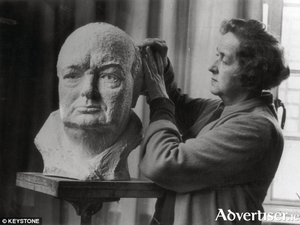
The Lausanne Conference of July 1932, attended by the former allied powers of World War I (Britain, France, Belgium and Italy), and Germany, accepted that the world economic crisis made continued reparations by Germany virtually impossible. Various long-term arrangements were made, but in effect it allowed Germany off the hook for the monetary compensation it had agreed to pay for its responsibility in starting the war. Germany was now free to rebuild its own economy. This was a very importance conference attended by the world press, among whom was Clare Sheridan.
